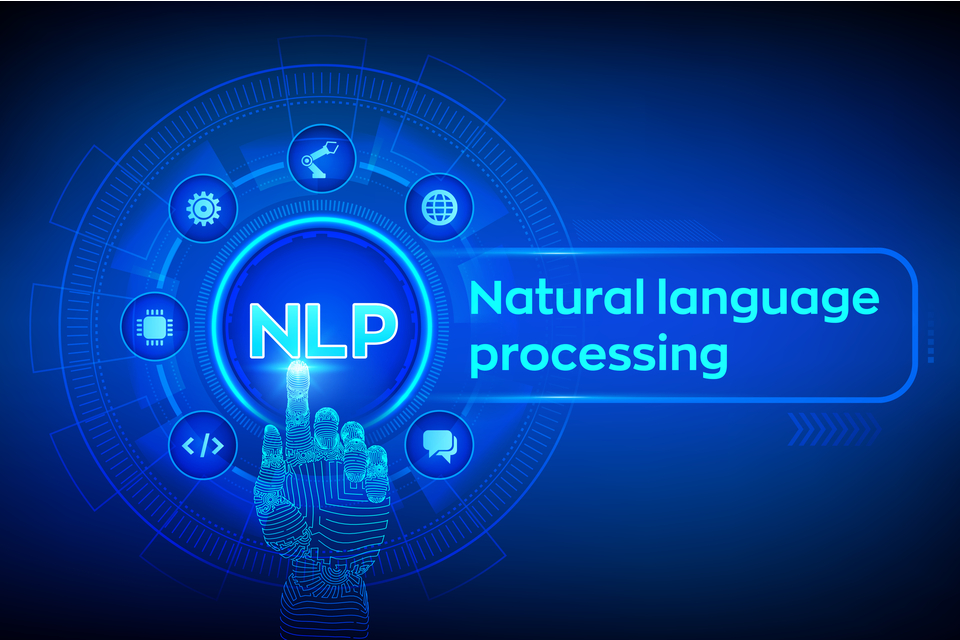Virtual assistants, like Siri and Google Assistant, spell checking, machine translation, like Google Translate, auto-complete feature in search engines all use natural language processing.
However, the range of natural language processing applications is getting wider, and the technology is being used for a variety of purposes.
Computers have to interpret people’s speech and text passively to process large volumes of textual and audio datasets. Machines should be able to communicate with humans to perform some specialized tasks.
What Is Natural Language Processing?
Also known as NLP, Natural Language Processing is a computer science based on artificial intelligence aiming at deriving meaning from human language. NLP enables computers to communicate with human users and decode their unspoken intent.
With the help of machine learning and computational linguistics, human-computer interaction is at the core of natural language processing applications.
Language-based big data and the ever-increasing computational power help us get beyond the everyday functions of natural language processing.
NLP-powered programs are now making their entry into other practical applications, like the three ones listed below.
Natural Language Processing Applications
1. NLP for Aircraft Maintenance
Aircraft generate large amounts of data that humans alone or traditional computers can’t handle.
NLP technology is being tried for aircraft maintenance.
Computers with NLP abilities can extract needed information from thick aircraft manuals written in plain human language. They also can understand the meaning of written or spoken descriptions of problems reported by the pilot or the mechanic.
By being able to retrieve and process relevant information, machines can help with predictive aircraft maintenance and smart troubleshooting.
2. Sentiment Analysis
Social media monitoring is another area where NLP models are used for the sentiment analysis of users based on textual data.
Sometimes called “opinion mining,” sentiment analysis is concerned with identifying user opinions about a company or a product.
Sentiment analysis tools are mainly used for business-related purposes. Users’ positive, negative, or neutral opinions mined in real-time help inform business decisions aimed at enhancing brand image.
Through such an automated NLP-based process, brands can gauge the receptiveness of its audience to its offerings and make data-driven decisions to stay relevant.
3. NLP in Predictive Policing
There’s another more significant application of NLP-based sentiment analysis.
Natural language processing can also come in handy in criminology, more exactly predictive policing. And this doesn’t involve precognitives in a pool as in the 2002 movie Minority Report.
Using NLP for detective predictive police work is about deriving the motive of crimes from textual data. Emotionally-charged texts of potentially malicious individuals can betray their intent and help contain their threat even before they act on their sentiments.
Besides the most common natural language processing applications we rely on every day, other uses like the three above also benefit the large public. While they look like niche markets for NLP models, these applications, like aircraft maintenance or criminology, are all geared toward the society at large.



















Comments (0)
Most Recent